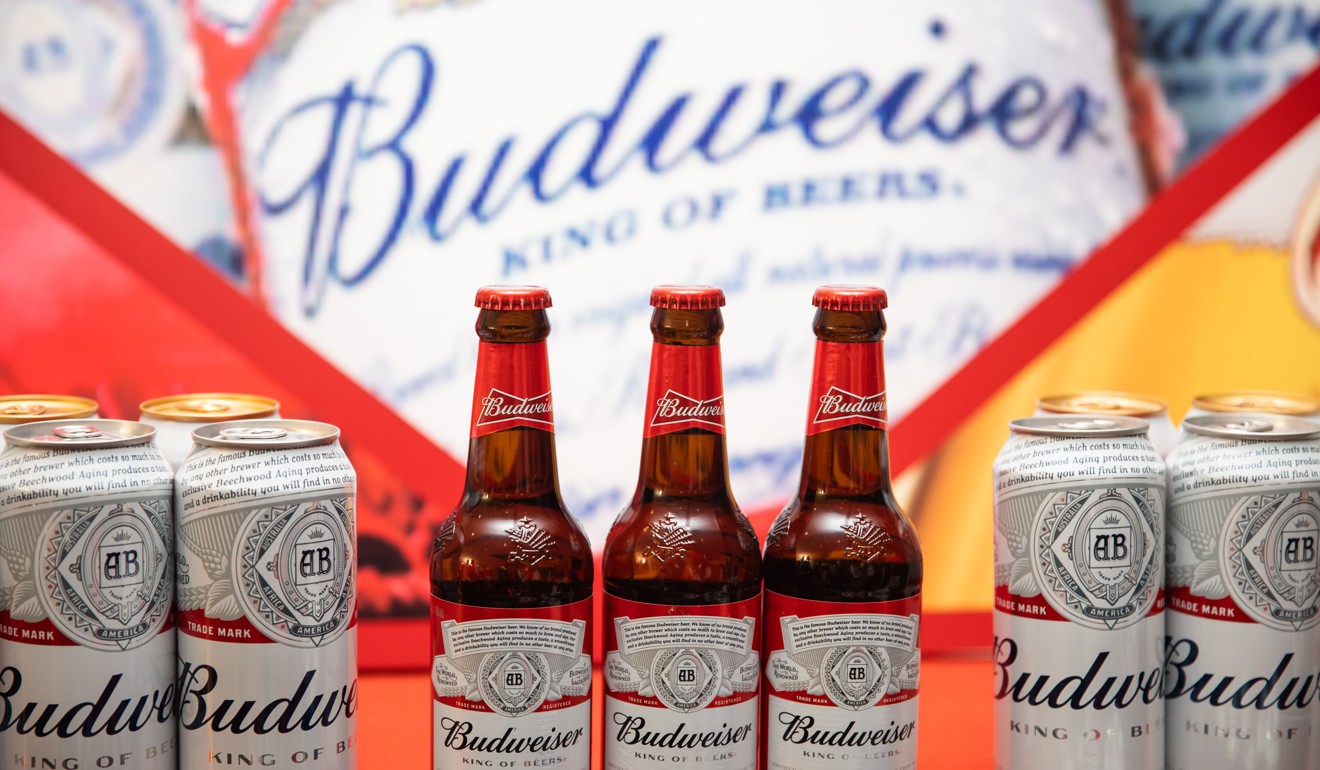
Hong Kong stock exchange operator launches inline warrants, first new structured product in 13 years as part of plan to be Asia’s asset management hub
- Fifty inline warrants issued by six banks will start trading on Thursday (July 18) on the stock exchange which are issued by six banks
- Inline warrants are the first structured products to be rolled out since callable bull/bear certificates (CBBC) and derivative warrants in 1996

The operator of Hong Kong’s tock exchange will introduce inline warrants trading on Thursday, marking the first roll-out of a new structured product in 13 years, part of its three-year plan to diversify into a leading Asian asset management centre.
Fifty inline warrants will start trading on Thursday (July 18) on the stock exchange, issued by six banks, BNP Paribas, Haitong, HSBC, JPMorgan, Societe Generale and Vontobel.
They are derivative products linked to the Hang Seng Index and the share prices of Tencent Holdings, China Construction Bank, China Mobile, China Mobile, AIA, and Ping An Insurance.
The last structured products to be introduced by the Hong Kong Exchanges and Clearing the callable bull/bear certificates (CBBC) in May 2006.
“As part of the three-year strategic plan of the HKEX, we will introduce more derivative and structured products to serve different investment strategies by investors,” said Garbo Cheung, managing directors of markets for HKEX, in a media briefing.
“Inline warrants are popular in Europe, while we believe the investors in Asia will like to trade this type of product in Hong Kong.”
HKEX chief executive Charles Li Xiaojia, announcing the three-year strategic plan in late February, said the local bourse would like to introduce more currencies, fixed-income products and other financial derivatives to its offerings.
Hong Kong is already a major centre for stock trading and has been the world’s largest initial public offering (IPO) market six times in the past decade. However, in the first half of this year Hong Kong lost its IPO crown, dropping to No. 3 worldwide behind New York Stock Exchange and the Nasdaq, because of a lack of blockbuster listings.
At the weekend beer giant Anheuser-Busch InBev scrapped a US$9.8 billion IPO of its Asian arm, the Budweiser Brewing Company, in Hong Kong, a month after ESR Cayman postponed its Hong Kong IPO that could raise up to US$1.24 billion. Both deals would have been the largest IPOs in the city this year.

Trading of derivative warrants and CBBCs now represents about 20 per cent of the total daily turnover of the stock market at the HKEX.
The first batch of 50 inline warrants will have a lifespan of six months though HKEX rules allow them to expire up to five years later.
Investors can hold them until the expiry dates or they can trade them on the stock exchange. The six issuing banks need market makers to quote prices for the warrants to ensure liquidity, Cheung said.
Brokers have mixed expectations of how investors will respond to the products.
“This new product needs more promotions. Conceptually, it should be quite attractive,” said Tom Chan Pak-lam, chairman of the Institute of Securities Dealers.
Gary Cheung, chairman of the Hong Kong Securities Association, expected the initial interest in the new products to be limited.
“This is a derivative and a complex product. The intermediaries will need to assess the client suitability and be mindful in advising clients to abide by the complex product rules,” he said.